Top 10 Python Books for Beginners
Python, a versatile and highly expressive programming language, has rapidly gained popularity among programmers of various skill levels. For experienced programmers seeking to enhance their Python proficiency, a selection of well-crafted educational resources becomes indispensable.
This article aims to provide an overview of remarkable Python books tailored to the needs of beginners and experienced programmers.
What are the Best Python Programming Books?
Following are the books that offer unique insights, advanced techniques, and practical examples, ensuring a deep understanding of Python’s capabilities and facilitating the development of complex applications:
- Python Cookbook by David Beazley and Brian K. Jones
This comprehensive cookbook stands as an invaluable resource for experienced programmers striving to solve real-world Python problems gracefully and efficiently. It covers a wide range of topics, from basic data structures to advanced metaprogramming, with extensive code examples and practical recipes. - Effective Python: 59 Specific Ways to Write Better Python by Brett Slatkin
This book serves as a manual for developing idiomatic Python code, offering clear guidance. Targeting experienced programmers, it explores best practices and design patterns along with useful insights into various Python elements, making it an indispensable companion for optimizing code quality. - Fluent Python by Luciano Ramalho
For those aiming to delve deeper into Python’s language features, this book offers a comprehensive exploration of Python’s design principles, idiomatic patterns, and essential tools. It provides a nuanced understanding of Python’s internals, empowering experienced programmers to write clear, efficient, and expressive code. - Python Tricks: A Buffet of Awesome Python Features by Dan Bader
This book is designed to sharpen the skills of advanced Python developers and offers a collection of lesser-known Python tricks and techniques. It also covers a broad range of topics, including decorators, context managers, and generators, unlocking the potential of Python for experienced programmers. - Python Crash Course by Eric Matthes
As experienced programmers well-versed in other languages, diving into Python might require a rapid yet comprehensive introduction. “Python Crash Course” meticulously covers Python fundamentals, including data analysis, web development, and application deployment, offering a practical bridge for experienced coders. - Test-Driven Development with Python: Obey the Testing Goat! by Harry J.W. Percival
Test-driven development has become an integral part of software development, and this book precisely illustrates how to implement it with Python. Experienced programmers will benefit from detailed explanations, practical examples, and a hands-on approach to building a fully functional web application. - Python for Data Analysis: Data Wrangling with Pandas, NumPy, and IPython by Wes McKinney
Exploring Python’s potential for data analysis, this book introduces the pandas library along with other supporting tools. It provides a comprehensive overview of data manipulation, cleaning, and visualization, empowering experienced programmers to harness the full potential of Python in the data science realm. - Automate the Boring Stuff with Python, 2: Practical Programming for Total Beginners by AI Sweigart
This Python book is a great option for people looking to put their knowledge of the language to use in real-world situations because it focuses on utilizing it to automate commonplace chores. The book includes chapters on editing files, using spreadsheets, gathering information from websites, and handling input/output (I/O) devices like keyboard and mouse. - Learning Python Network Programming by Dr. M. O. Faruque Sarker
Designed to satisfy the networking needs of advanced Python programmers, this book covers socket programming, web scraping, and more. It empowers experienced programmers to build robust network applications, providing code snippets, case studies, and real-world projects. - Writing Idiomatic Python by Jeff Knupp
This concise yet insightful book focuses on improving code readability and maintainability. By introducing idiomatic Python conventions and exploring various design patterns, it offers a refreshing approach to writing elegant and efficient Python code for experienced programmers.
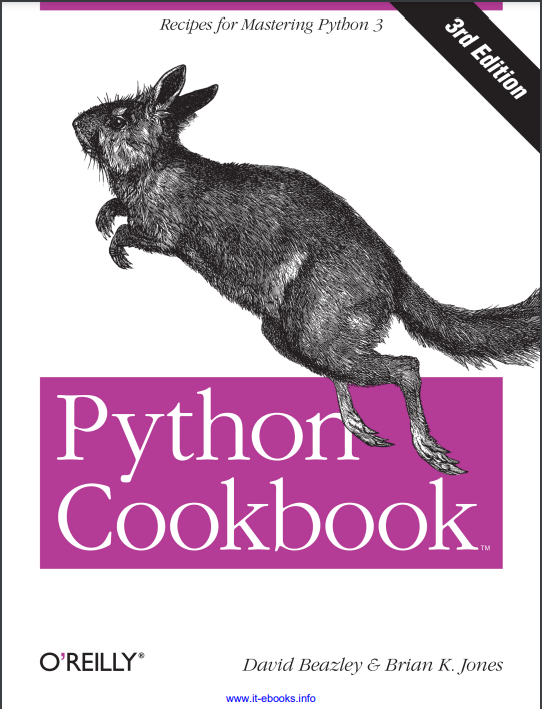
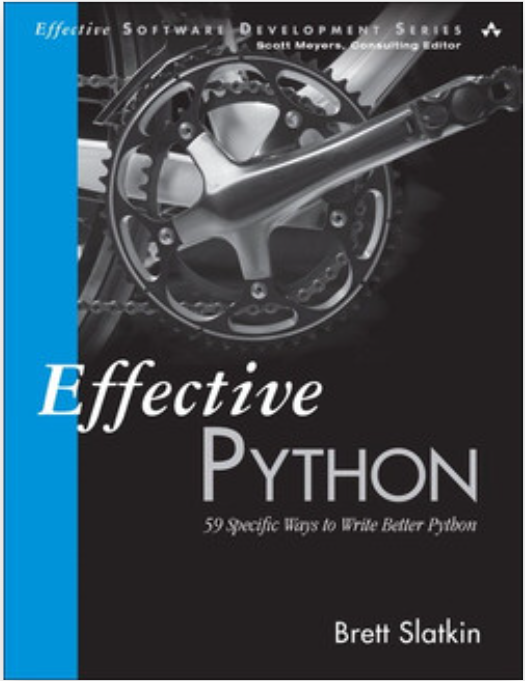
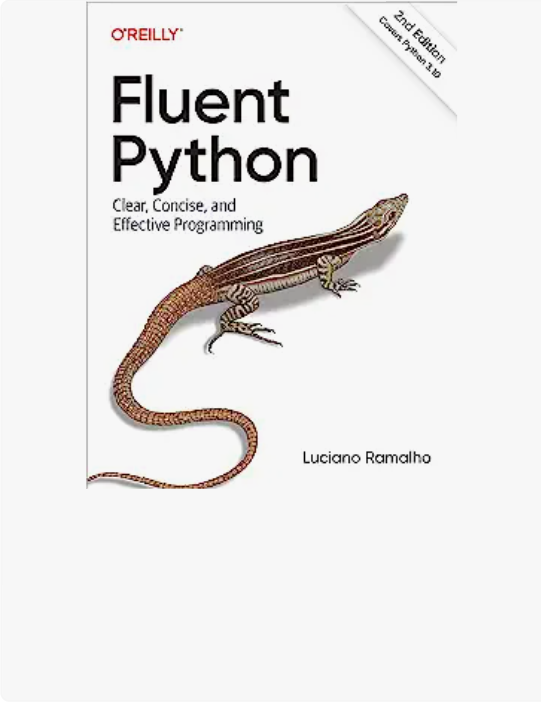
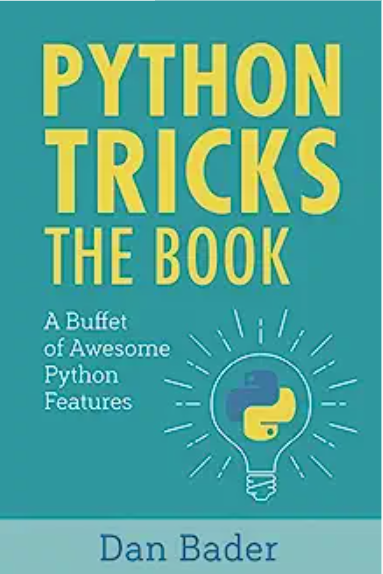
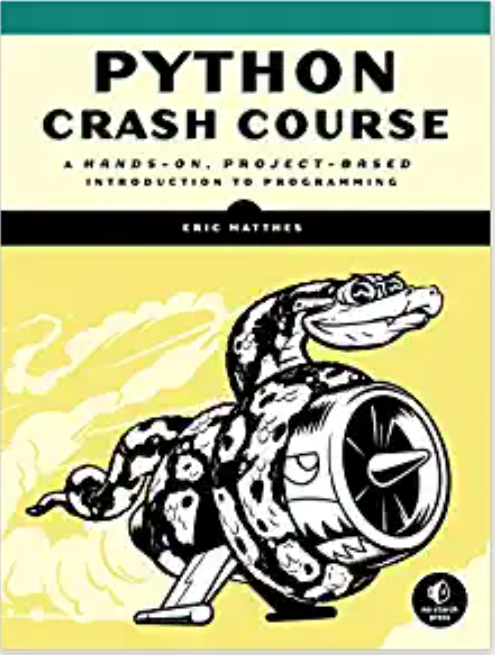
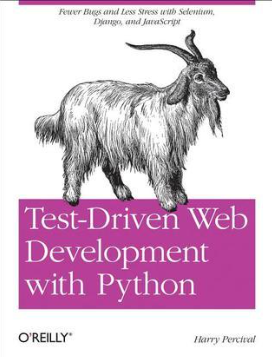
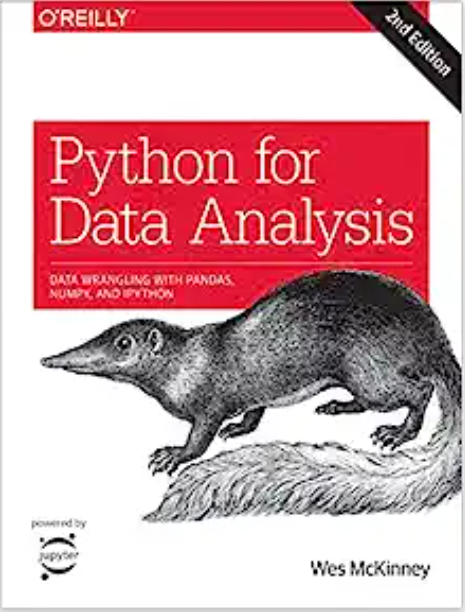
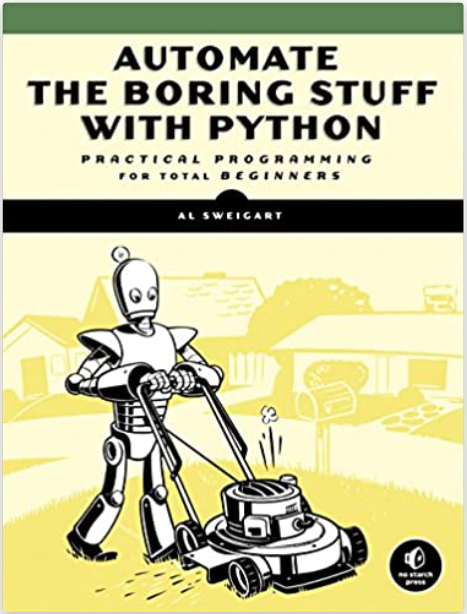
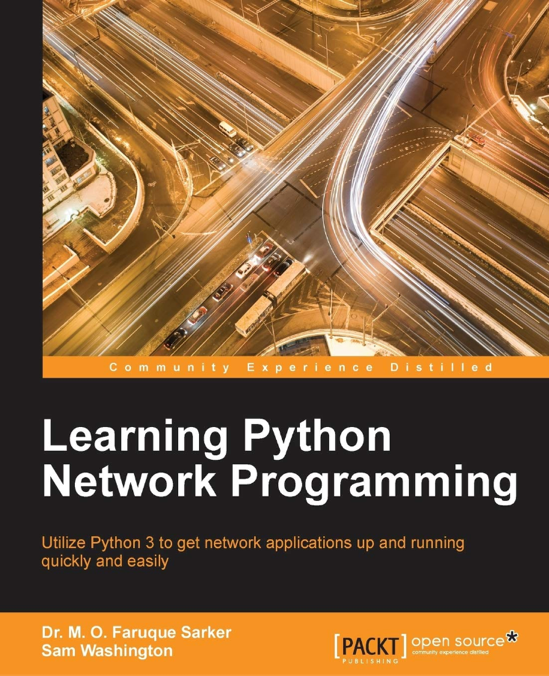
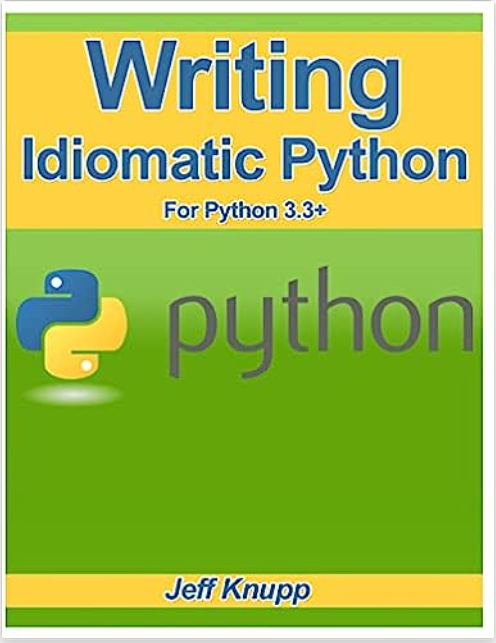
Conclusion
The discussed books offer a wealth of knowledge, covering a range of advanced Python topics and specialized domains. By utilizing these resources, your Python programming expertise can be enhanced, enabling you to tackle complex projects with confidence and proficiency.
Source: linuxhint.com
